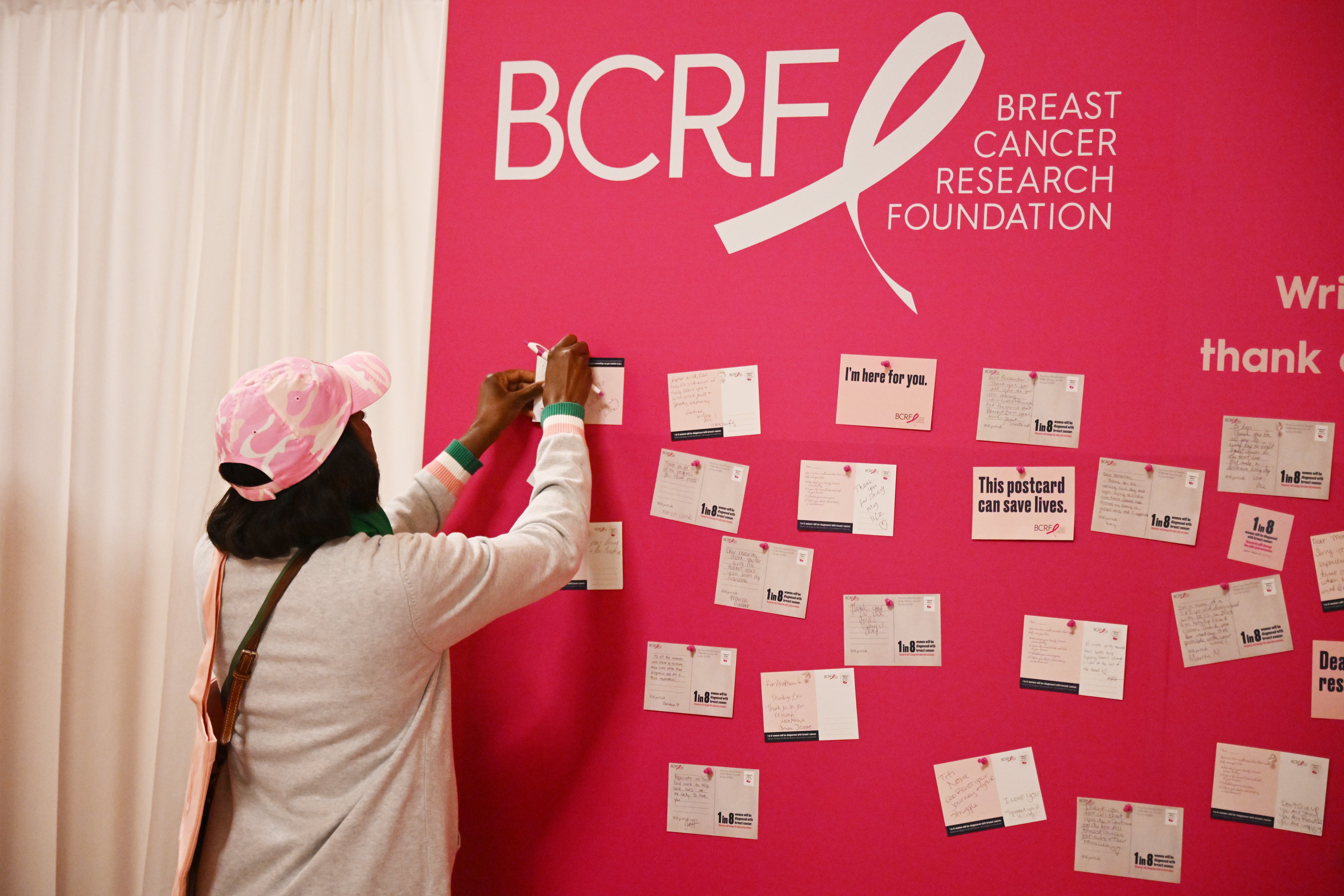Some 17 million Americans are living with genetic mutations tied to an increased risk of getting cancer, Cleveland Clinic researchers warned Monday.
And the more than 3,400 mutations identified – mutations that impact people regardless of personal or family history with the disease – may be more common than previously believed, they said in a statement shared alongside a new study of more than 400,000 people.
The findings come as rates of early cancer are rising in America’s younger adults, including breast and colorectal cancer.
The conclusions also highlight the importance of regular cancer screening and suggest that related genetic testing should be conducted for patients who aren’t just at high risk, the researchers noted.
“Genetic testing has traditionally been reserved for individuals with strong family histories or other high-risk indicators,” Dr. Joshua Arbesman, a practicing dermatologist at the nonprofit medical center, said. “Our findings show that many people with pathogenic variants fall outside those criteria, suggesting we may be missing opportunities for early detection and prevention.”
Each year, around 2 million Americans are diagnosed with a form of cancer, and approximately one in eight patients have an inherited, cancer-related gene mutation, according to a 2020 Mayo Clinic study. There were 36.7 million new cases reported between 2003 and 2022, according to the Centers for Disease Control and Prevention.
This year, the American Cancer Society expects more than 2 million new cases and some 618,000 deaths, or about 1,700 deaths per day. The majority of cases are breast, prostate and lung cancer.
But melanoma skin cancer is also high up on the list, with 104,960 new cases and 8,430 deaths projected in 2025, according to the National Cancer Institute.
Arbesman and researcher and co-author Dr. Ni Ying Ni had previously found that genetic predisposition to melanoma was 7.5 times higher than national guidelines estimated.

Cancer screening rates have risen over the last couple of decades and recommended screening ages have been reduced. Rising screening rates have also been cited as a factor in the influx of early cancer cases, although doctors don’t fully understand why that’s happening yet.
Still, the researchers said their analysis further highlights the potential for expanded screening to improve early detection — which may mean the difference between life and death.
Their research will build on the knowledge base doctors have to draw from, Ni added.
“Knowing the prevalence of gene variants in the general population will give us a clearer picture without any pre-assumptions based on lifestyle or family history,” she said.
CNN host Christiane Amanpour reveals cancer has returned for third time
CNN host Amanpour battling cancer again and urges people to ‘listen to their bodies’
Covid jab sparks immune response to fight cancer, study finds
Study warns of surging obesity-related cancers among older adults
Mpox warning issued in UK after cases spread in Europe
Stillbirths in the US remain more common than previously reported, new study







